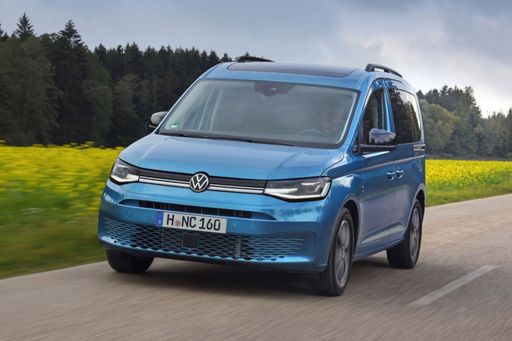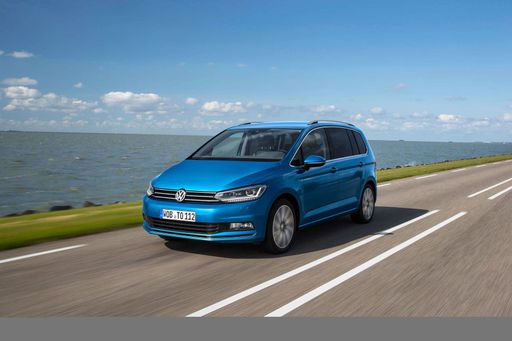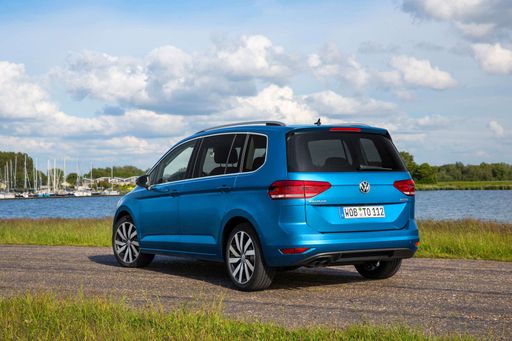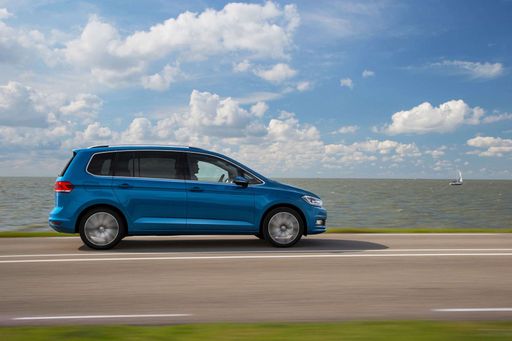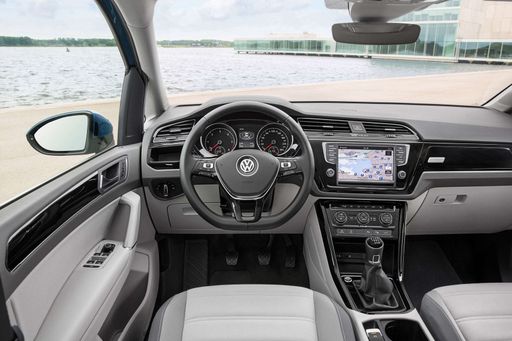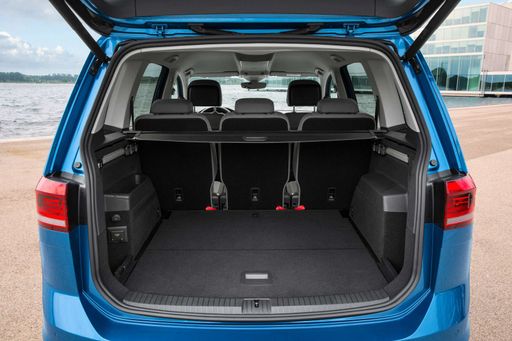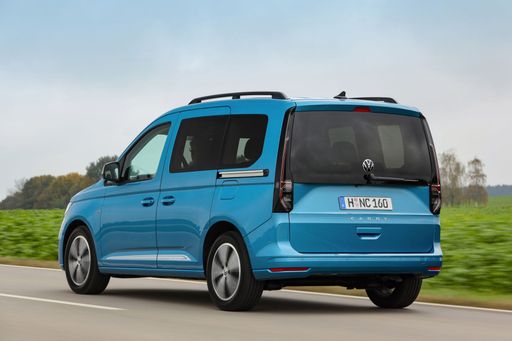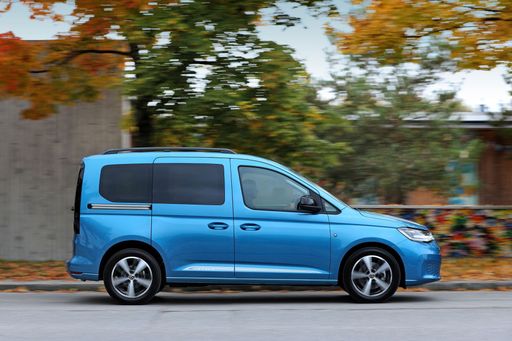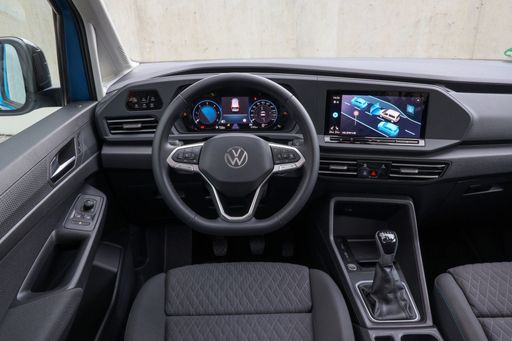Two Family Philosophies
The VW Touran feels like a polished family car that wants to be driven, with a cabin that leans toward refinement and everyday civility, while the VW Caddy wears its practicality on its sleeve and never pretends otherwise. One is geared toward parents who care about refinement and a composed road manner, the other toward people who prize flexibility and payload first. Both appeal to families, but they answer very different lifestyle questions with equal conviction.

